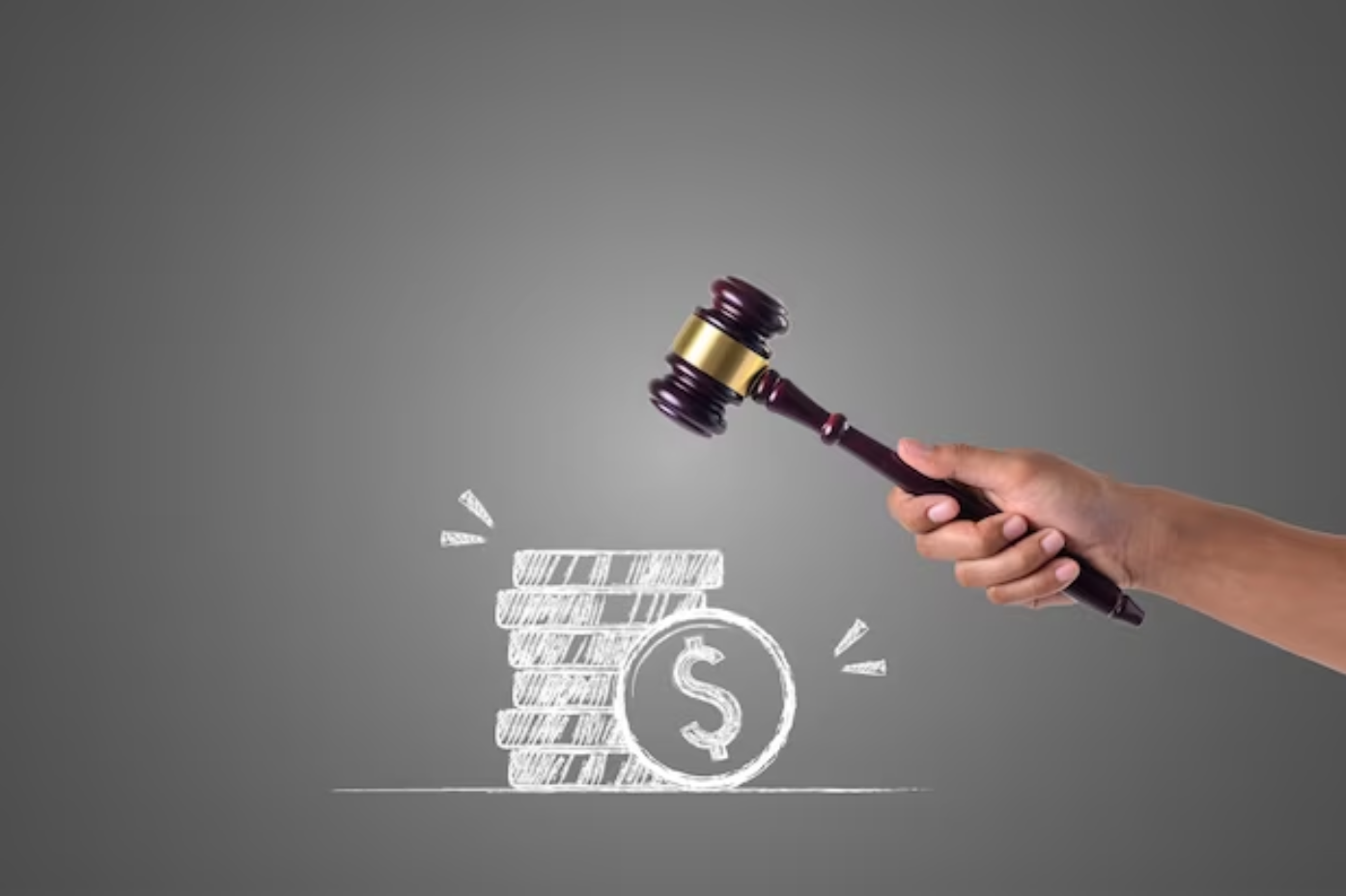Navigating a personal injury lawsuit can be a complex and challenging process, but with an experienced attorney’s guidance, you can confidently navigate the journey.
If you’ve recently filed a personal injury lawsuit or are considering doing so, you may be feeling uncertain about what lies ahead. Navigating the legal process can be intimidating, but understanding what to expect can help alleviate some of the anxiety. In this step-by-step guide, we’ll walk you through the typical stages of a personal injury lawsuit, empowering you with the knowledge you need to navigate the journey ahead confidently.
1. Initial Consultation
The first step in the process is to meet with a personal injury lawyer for an initial consultation. During this meeting, you’ll have the opportunity to discuss the details of your case, including how the injury occurred, the extent of your damages, and any evidence you’ve gathered. Your attorney will assess the strength of your case and advise you on the best course of action moving forward. If you have no legal grounds or chances of success, they’ll also let you know.
2. Investigation and Discovery
Once you’ve retained legal representation, your attorney will begin investigating your case. This may involve gathering evidence, interviewing witnesses, and obtaining medical records and other relevant documentation. The discovery process allows both parties to exchange information and evidence related to the case, helping to build a clear picture of what happened and who is liable. This part is critical and can significantly influence the outcome of the case.
3. Filing the Complaint
After the investigation phase is complete, your attorney will file a complaint with the court on your behalf. This legal document outlines the details of your case, including the injuries you’ve suffered, the damages you’re seeking, and the legal basis for your claim. The defendant will then be served with a copy of the complaint and will have a specified period to respond.
4. Pre-Trial Motions and Negotiations
Leading up to the trial, there may be various pre-trial motions and negotiations between the parties. This can include motions to dismiss, motions for summary judgment, or settlement negotiations. Chances are the defendant will want to settle out-of-court to save their reputation and reduce the amount payable. Your attorney will advocate on your behalf to secure the best possible outcome, whether through a favorable settlement or by preparing a solid case for the court trial.
5. Trial Preparation
If your case proceeds to trial, your attorney will begin preparing for the courtroom proceedings. This may involve drafting legal briefs, preparing witness testimony, and developing a strategy for presenting evidence and arguments to the judge and jury. Your attorney will keep you informed every step of the way and ensure that you’re fully prepared for the trial process.
6. Trial
During the trial, both parties will have the opportunity to present their case before a judge and jury. Witness testimony, expert opinions, and documentary evidence may be presented to support each side’s arguments. Your attorney will advocate vigorously on your behalf, presenting compelling evidence and legal arguments to support your claim for compensation. The three things your lawyer will need to prove are
- That the defendant acted negligently
- Their negligence caused the accident
- The accident led to your injury
7. Verdict and Judgment

Following the trial, the judge or jury will render a verdict based on the evidence presented. If the verdict is in your favor, the court will enter a judgment against the defendant, awarding you compensation for your damages. If the verdict is not in your favor, you may have the option to appeal the decision, depending on the circumstances of your case.
8. Post-Trial Proceedings
After the trial, there may be post-trial proceedings, such as motions for a new trial or appeals. Your attorney will advise you on the best course of action based on the trial’s outcome and will continue to advocate on your behalf to ensure that your rights are protected. Ensure you follow through with whatever your attorney recommends, as your best interest is their priority always.
9. Enforcement of Judgment
If you’re awarded compensation as a result of the trial or settlement, your attorney will work to enforce the judgment and collect the money owed to you. This may involve negotiating with the defendant’s insurance company or pursuing other legal avenues to ensure you receive the full compensation you’re entitled to.
Final Words
Navigating a personal injury lawsuit can be a complex and challenging process, but with an experienced attorney’s guidance, you can confidently navigate the journey. Importantly, you need an experienced personal injury lawyer working by your side. By understanding what to expect at each stage of the process and having a knowledgeable attorney by your side, you can work towards securing the compensation you deserve for your injuries and losses.


Join the conversation!